
Celiac.com 07/16/2022 - It is well known within the celiac community that health professionals, especially physicians and dietitians are relatively uniformed about celiac disease, including the incidence, presentations, diagnostic testing and management. As a result, many people go undiagnosed and/or misdiagnosed. A significant number also develop complications such as osteoporosis, other autoimmune disorders or lymphoma.
To address these issues, the National Institute of Diabetes and Digestive and Kidney Diseases (NIDDK) and the Office of Medical Applications of Research (OMAR) of the National Institute of Health (NIH) sponsored a consensus conference to examine and assess the current scientific knowledge regarding celiac disease. Dr. Stephen James, Director, Division of Digestive Disease and Nutrition, NIDDK and 25 medical, government and other experts including Dr. Alessio Fasano, Dr. C. Kelly, Dr. Joseph Murray and Elaine Monarch (Celiac Disease Foundation) were members of the planning committee for the Consensus Conference on Celiac Disease which was held June 28-30 in Bethesda, MD. The conference addressed six key areas:
- How is celiac disease diagnosed?
- How prevalent is celiac disease?
- What are the manifestations and long-term consequences of celiac disease?
- Who should be tested for celiac disease?
- What is the management of celiac disease?
- What are the recommendations for future research on celiac disease and related conditions?
Celiac.com Sponsor (A12):
Invited speakers included celiac experts (17 physicians and two dietitians) from the United States, Canada, England and Finland. Each speaker was assigned a specific topic to present for 20 minutes followed by a short question period from the audience and a 13 member independent panel. The panel consisted of practitioners and researchers in gastroenterology, pediatrics, pathology, internal medicine, endocrinology, a dietitian, a geneticist, and a consumer representative. After reviewing all the scientific evidence and speaker presentations, the panel prepared a consensus statement answering the six key questions. On the third day of the conference the draft statement was presented to the audience and speakers, who then had an opportunity to provide comments and ask questions. Further revisions were made and several hours later the final document was read during a press conference. The final document, speakers’ abstracts, an extensive bibliography and the three day video presentations are all available at http://consensus.nih.gov/ cons/118/118cdc_intro.htm.
A Speaker’s Perspective
I was very honored to be one of the speakers at this historic conference. The challenge we faced as speakers was to condense a large volume of information and present this to the panel in only 20 minutes. For those who know me and have heard me speak, you would understand I was up to that challenge! Nevertheless it was a pressure-packed experience speaking in front of a prestigious panel, a large audience watching in person, and on the video web cast around the world. As our presentations could have a major impact on the panels’ final recommendations, it was crucial we conveyed the most current and relevant information—not only in the oral presentation—but also in a written submission that is to be included in the abstract and in an in-depth article that will be compiled in a special supplement on celiac disease in a major gastroenterology journal in the near future. Stay tuned for further details.
In addition to the formal presentations the speakers and many of the people in the celiac community made, those who attended this conference also had opportunities to network and share ideas, which was extremely valuable. Discussions about effective ways to disseminate all the excellent information from this conference to health professionals, people with celiac disease and the media was a common topic. The management of celiac disease and organizational structure of celiac organizations in other countries and the issue of oats were also discussed.
As I reflect back on this event, along with the work of the American Celiac Task Force, I’m amazed and very encouraged to see what can be accomplished when government, health professionals, members of the celiac community and others join together for common goals—greater awareness, earlier diagnosis and better management of celiac disease. The Canadian Celiac Association’s motto is “Together We’re Better” and I believe we must continue to work together in order to be effective and reach that goal!

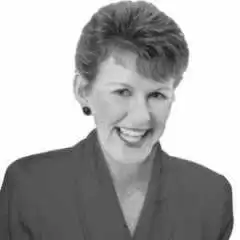

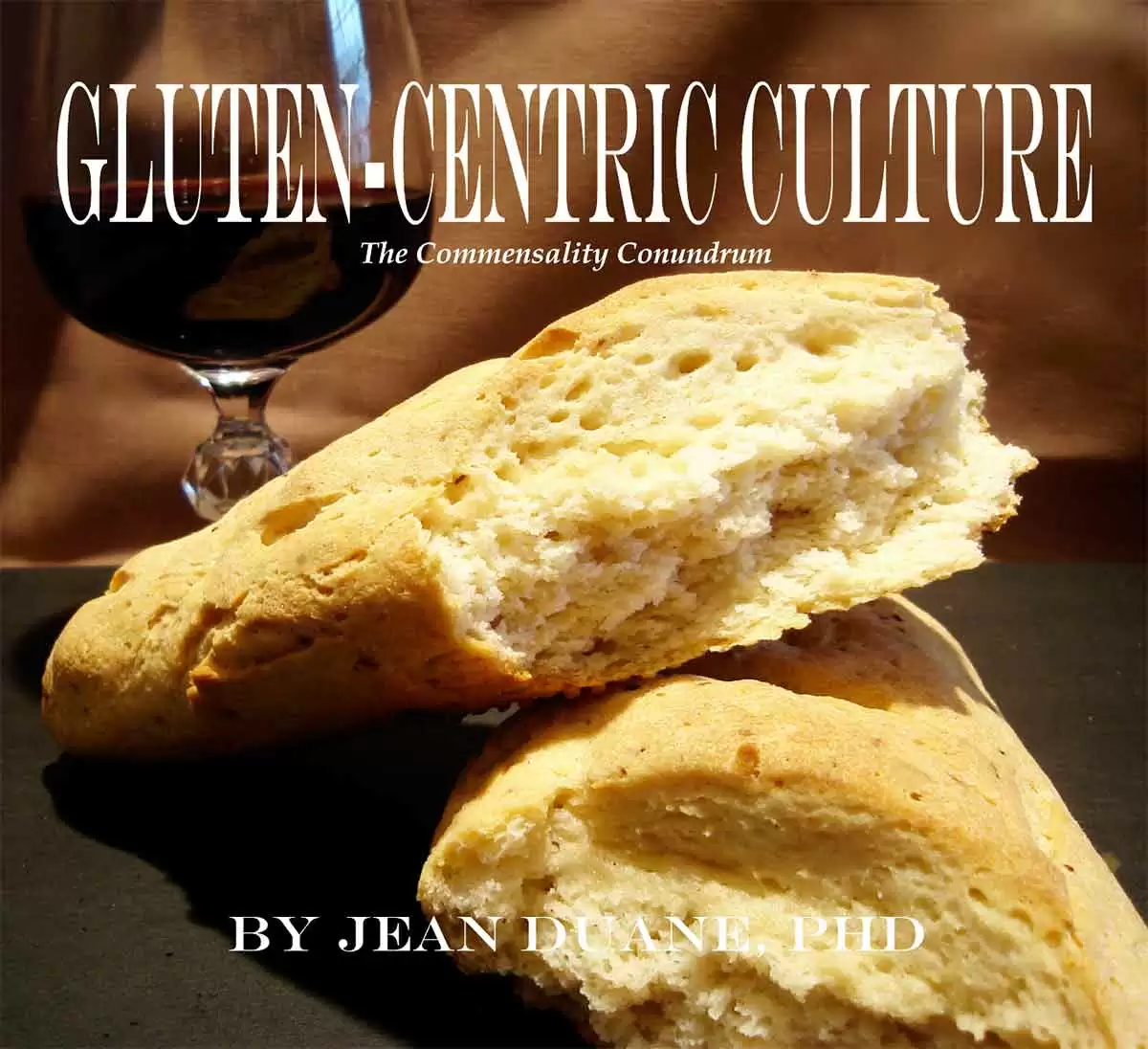
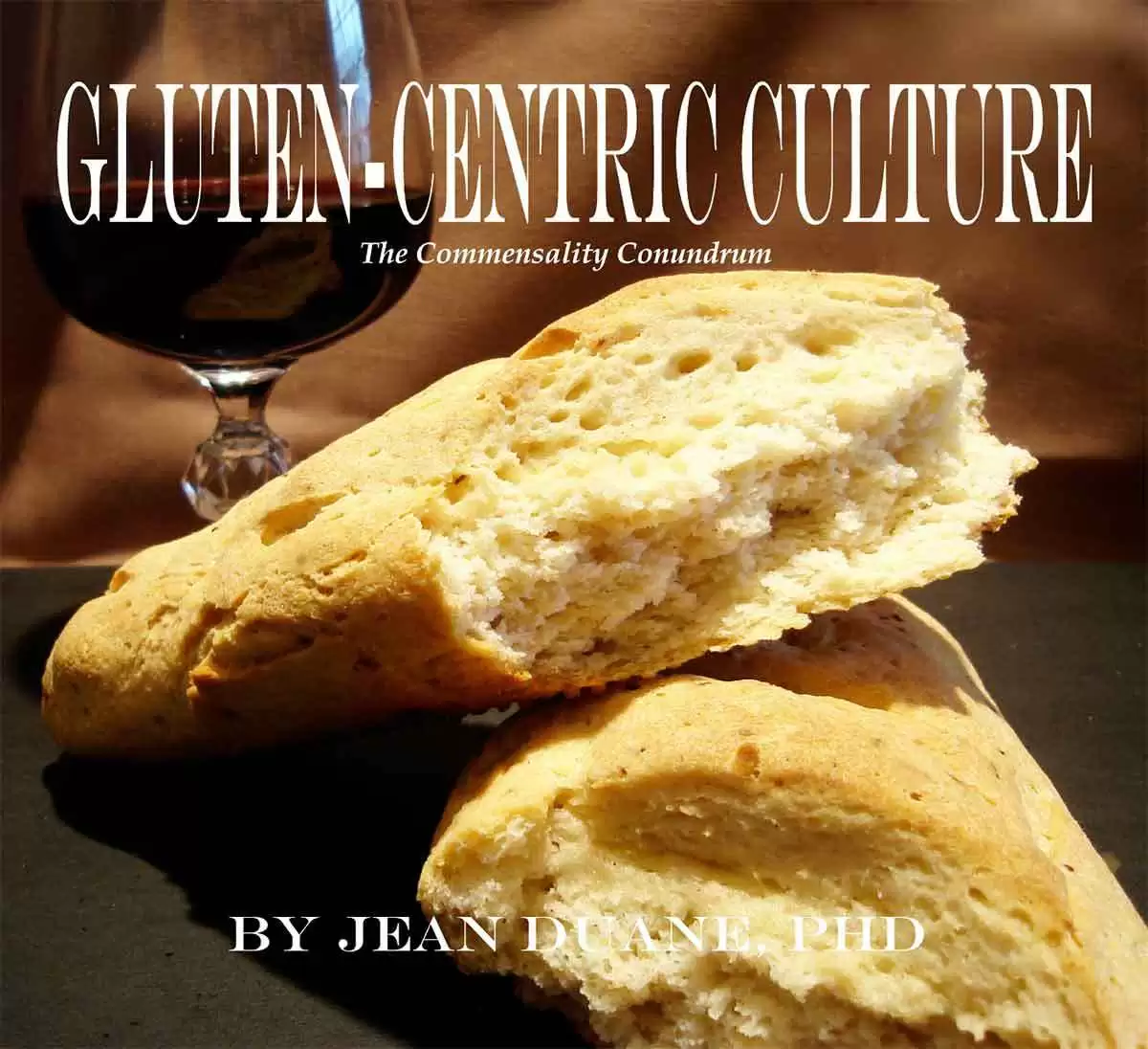
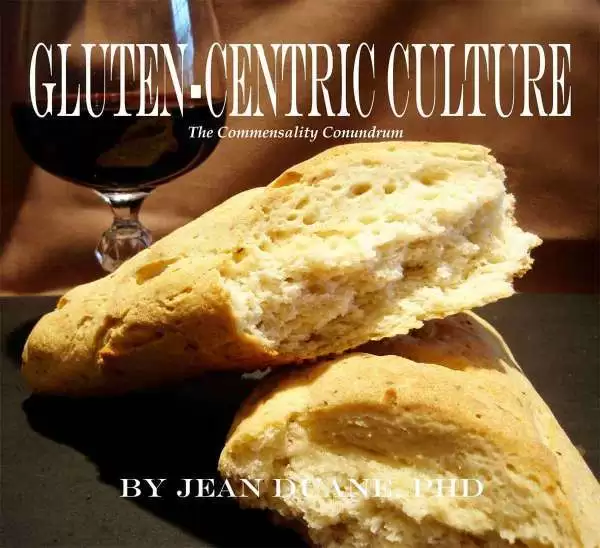
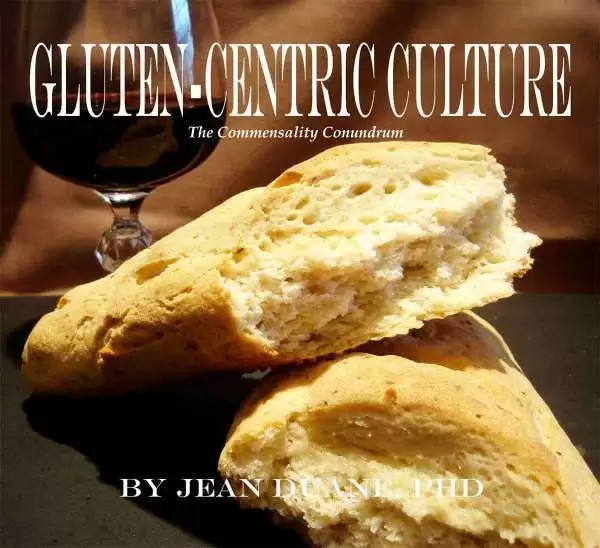


Recommended Comments
There are no comments to display.
Create an account or sign in to comment
You need to be a member in order to leave a comment
Create an account
Sign up for a new account in our community. It's easy!
Register a new accountSign in
Already have an account? Sign in here.
Sign In Now